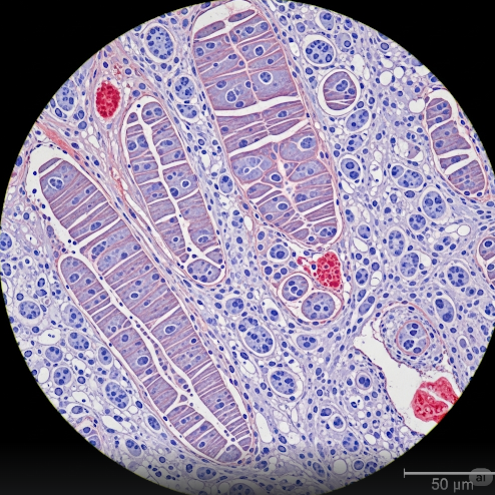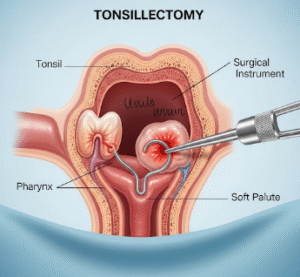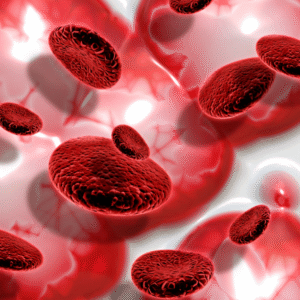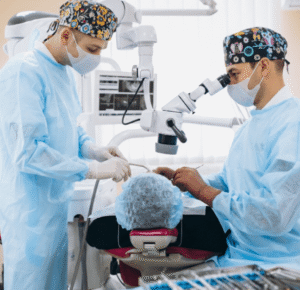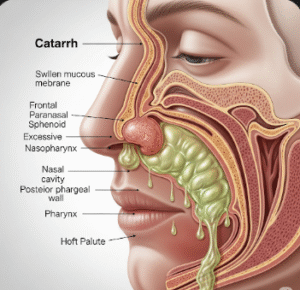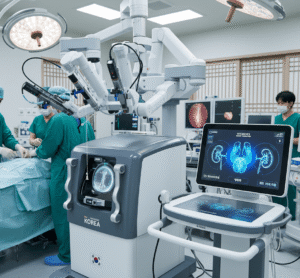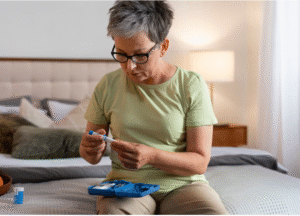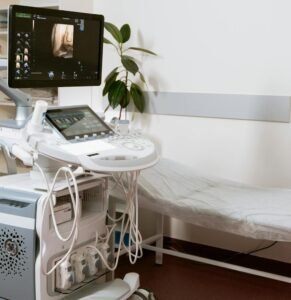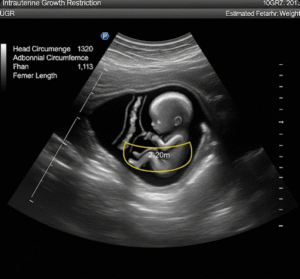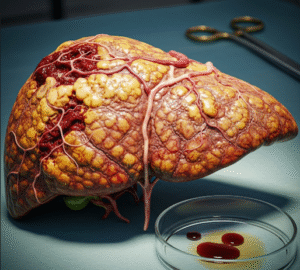Overview
Rhabdomyosarcoma is a rare and aggressive malignant tumor that arises from skeletal muscle progenitor cells. It is the most common soft tissue sarcoma in children but can occur at any age. Early diagnosis and comprehensive treatment are essential for improving outcomes. Korea’s leading pediatric and adult oncology centers offer advanced diagnostic and multimodal treatment approaches to effectively manage rhabdomyosarcoma.
What is Rhabdomyosarcoma?
Rhabdomyosarcoma (RMS) is a cancer that develops from immature muscle cells called rhabdomyoblasts. It can occur anywhere in the body but most commonly affects the head and neck region, genitourinary tract, and extremities. RMS is classified into several histologic subtypes, including embryonal, alveolar, and pleomorphic types, each with different prognoses.
Symptoms
- Noticeable lump or swelling
- Pain or tenderness in the affected area
- Difficulty moving the affected limb or body part
- Symptoms related to tumor location, such as nasal obstruction, urinary issues, or eye problems
- Weight loss and fatigue in advanced cases
Causes
- Genetic mutations affecting muscle cell development
- Often sporadic with no clear inherited pattern
- Certain genetic syndromes may increase risk (e.g., Li-Fraumeni syndrome)
Risk Factors
- Age below 10 years (most common in children)
- Family history of cancer or genetic syndromes
- Exposure to radiation or carcinogens (rare)
Complications
- Local tissue destruction and invasion
- Metastasis to lungs, lymph nodes, or bone marrow
- Treatment-related side effects such as infection, organ toxicity
- Recurrence of tumor after treatment
Prevention
- No known prevention due to genetic and sporadic nature
- Early detection through regular medical check-ups if risk factors exist
Treatment Options in Korea
Korean oncology centers provide comprehensive and multidisciplinary treatment for rhabdomyosarcoma:
- Diagnostic Tools: MRI, CT scans, biopsy, and genetic profiling for accurate diagnosis and staging.
- Surgery: Removal of the tumor when feasible, aiming for complete excision with clear margins.
- Chemotherapy: Multi-agent chemotherapy regimens to target cancer cells systemically.
- Radiation Therapy: Used to control local disease or when surgery is not possible.
- Targeted Therapy and Clinical Trials: Emerging treatments aimed at specific genetic mutations or pathways.
- Supportive Care: Rehabilitation, nutritional support, and psychosocial counseling.

